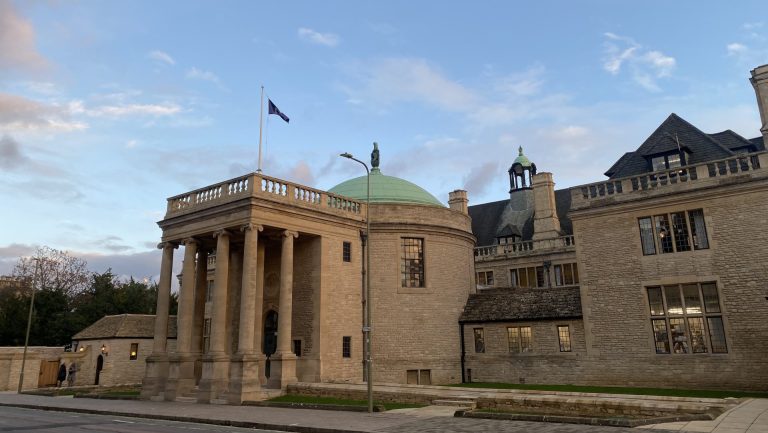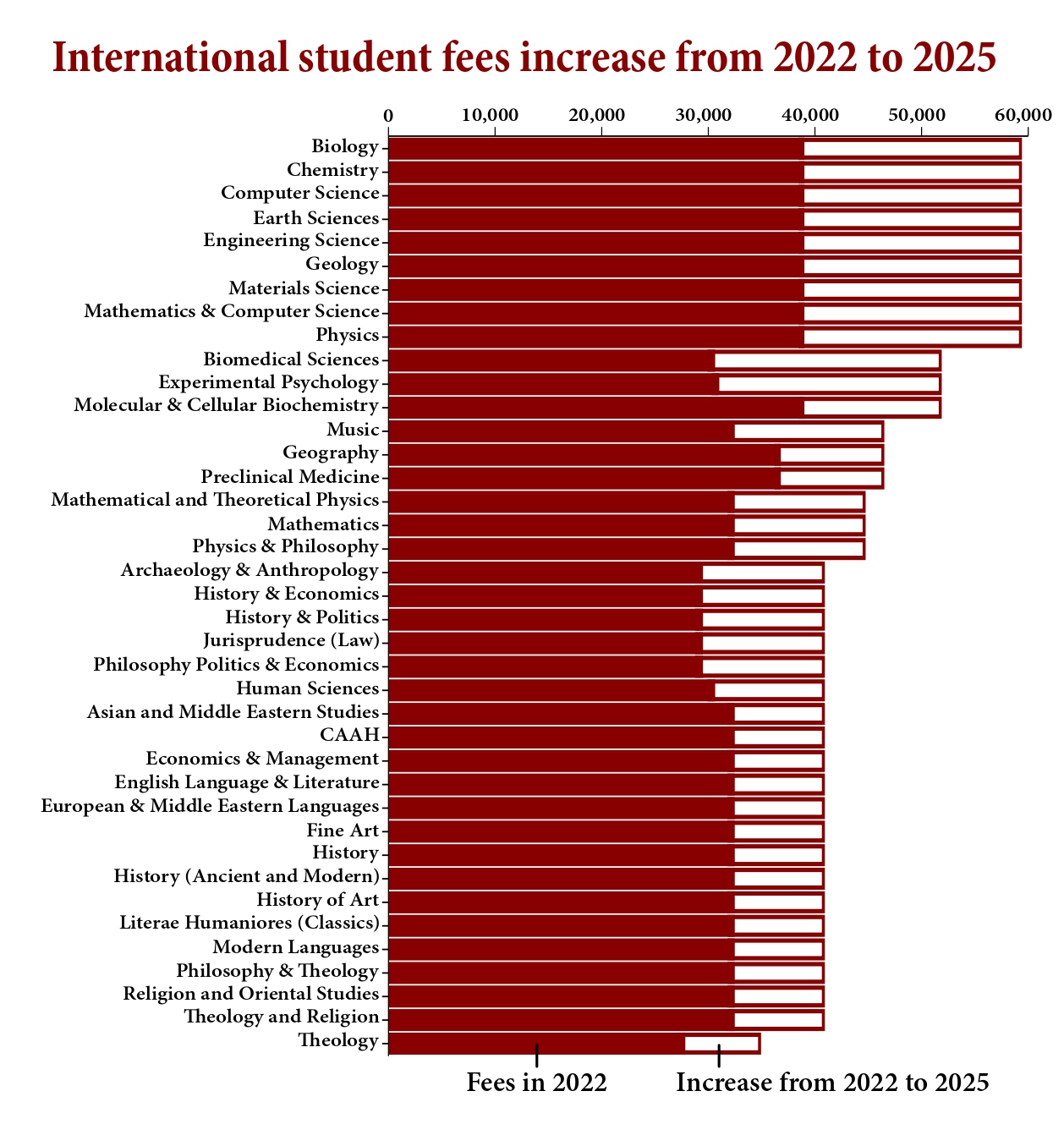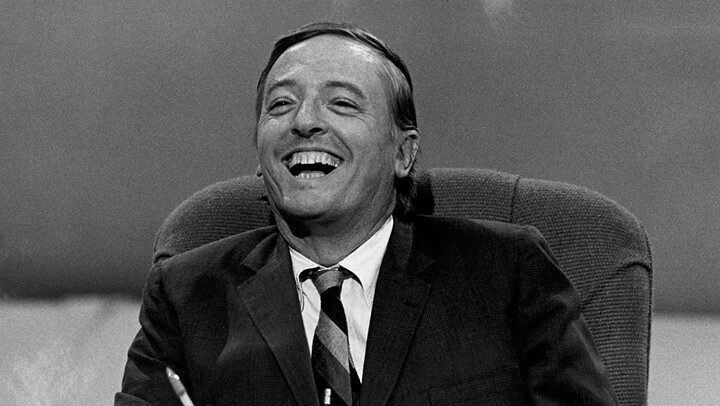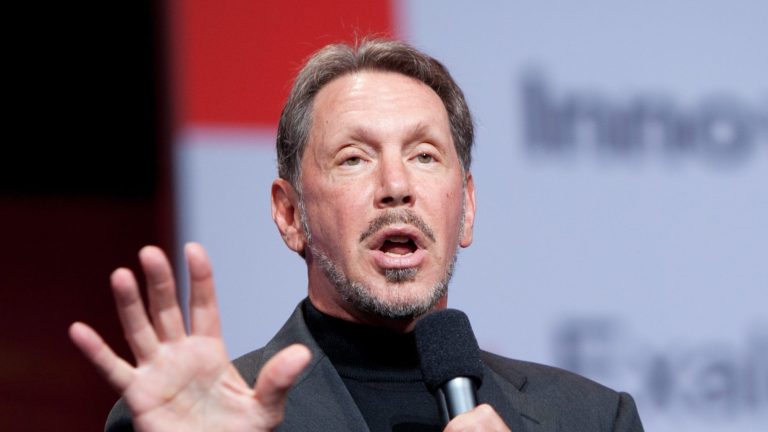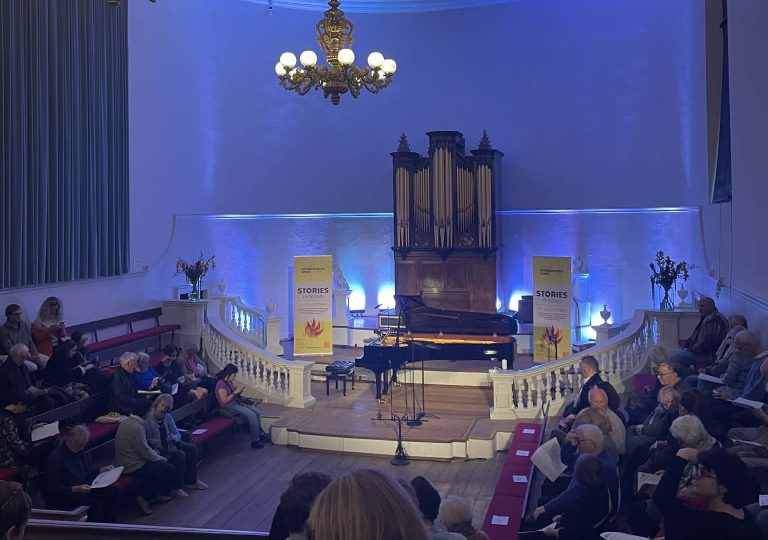A Cherwell investigation can reveal that 89% of buildings owned by the University of Oxford do not have valid Display Energy Certificates (DECs). The University has discontinued the maintenance of DECs following changes in regulations.
DECs are on a scale of A-G, with the best score of 0 being equivalent to an A, and the average rating being 100 or D. Anything above 150 would be a G, the worst possible rating. The average rating for all University buildings examined by Cherwell is 128, equivalent to an F rating. This raises concerns regarding the University’s ability to monitor the energy usage of its more than 200 buildings, as well as its commitment to energy efficiency in the context of fossil fuels and climate change.
Display Energy Certificates (DECs) are legal requirements for all buildings occupied by public authorities – such as universities, local councils, or hospitals – and must be renewed every year for buildings with surfaces of 1000m2 or more. They are issued following assessments carried out by professionals, and publicly display the building’s energy performance, alongside details about heating and energy emissions.
Cherwell has analysed 1,356 DECs available publicly on a government database. Over 300 unique buildings were then identified, owned either by Oxford colleges or the central University or its subsidiaries, such as Oxford University Press, and only their most recent DEC kept for this analysis.
The University told Cherwell that it “takes its energy and sustainability commitments seriously, and has a programme to ensure all required DECs are up to date and are regularly reviewed”. For instance, the University has committed to “significant reduction in energy consumption over the winter months”, through the implementation of energy-saving policy measures, such as reducing the temperature of buildings to 19 degrees and encouraging staff and students to act responsibly.
The energy sector is the leading driver of climate change, producing around three-quarters of global greenhouse gas emissions. In the UK, buildings remain a major contributor: they generated about 17% of the nation’s total. Public sector buildings make up roughly 2% of UK emissions from direct fuel use, mainly from heating, but this rises to around 10% when electricity and other indirect sources are included.
Oxford’s expired certificates
Of the 121 University-owned buildings examined by Cherwell, only three received an A rating, the highest score on the scale. Around half of the buildings were rated D or above – the average rating for buildings (where a score of 100 is typical and lower scores indicate better performance) – while 59 fell below this benchmark.
Of Oxford’s famous landmarks, many have substandard energy ratings. The Ashmolean Museum has a rating of 117 (E), Oxford University Press of 111 (E), and the Weston and Bodleian Libraries of 105 and 98, equivalent to an E and D respectively.
Some do have more positive ratings, like the Sheldonian Theatre which sits at 38 (B), or Examinations Schools at 43 (B). The Radcliffe Camera sits in the middle, with a rating of 66, equivalent to a C.
As of the end of November, only 13 of the 121 DECs seen by Cherwell were still valid. This means that 89% of certificates are expired, including several that have been expired for more than five years. Buildings with expired certificates include the Radcliffe Camera, the Bodleian Libraries, Oxford University Press, and the Blavatnik School of Government.
Cherwell understands that due to a recent change in regulations, DECs are no longer a pathway to comply with the University’s legal obligations with the Energy Savings Opportunity Scheme (ESOS), meaning that many DECs that were formerly voluntarily maintained as a pathway to comply with this scheme are no longer maintained by the University.
The University told Cherwell: “Recent changes to the Energy Savings Opportunity Scheme (ESOS) mean many of the DECs that used to be required for University buildings are no longer needed. These are therefore no longer being maintained.” It is unclear how the University will continue to monitor energy efficiency across its buildings.
Changes and improvement
Many of the University’s buildings have benefited from significant energy efficiency improvements over the past two years, as evidenced in the data analysed by Cherwell.
For instance, the central University offices, located in Wellington Square, improved their rating by 21% over that period, going from a D to a C. Similarly, the Ashmolean Museum improved by 16%, and the Radcliffe Science Library 15%. The most significant improvement was the Department of Biochemistry, which improved its rating from 301 to 149 by 50%, just barely passing the threshold of the worse rating band.
During the same period, the rating of certain buildings got worse – for instance the Taylorian Institute, which saw an 85% increase in its score to 89, now ranking it as a D. Other buildings include the Engineering Department, now at 91, or the Rothermere American Institute which saw an 85% increase to 113, placing it at an E.
An Oxford spokesperson told Cherwell: “The University’s Environmental Sustainability team are continually working to monitor and improve the energy efficiency of buildings across our estate. Since its initiation in 2022, the Oxford Sustainability Fund allocated £3.5 million to support energy-efficiency projects and feasibility studies, paving the way for improvements across more than 200 University buildings.”
Energy Sources
Of 178 buildings analysed by Cherwell, 166 source their energy from natural gas. Natural gas is a fossil fuel, but which is widely available and produces significantly less carbon dioxide emissions than oil or coal. It is therefore considered a transition between non-renewable and renewable energy sources.
Of the remaining buildings, eleven source their energy from grid supplied electricity, and one from oil – the University Parks Tentorium, which acts as the operational and administrative centre for University Parks.
Of all the buildings analysed by Cherwell, only three list renewables as an energy source – the Department of Pharmacology which takes 30% of its energy from renewables, the NDM Building at 11%, and the Department of Biochemistry at 0.1%.
Colleges
Of all Oxford colleges, only four have publicly available DECs: St Peter’s College, Lady Margaret Hall, Wadham College, and Wolfson College. Cherwell understands that unlike the central University, it was never a requirement for colleges to obtain and maintain DECs, but some chose to do so voluntarily.
Speaking to Cherwell about their energy efficiency policy, many colleges explained that they monitor energy use throughout buildings with a platform called Eyesense. Wadham College explained to Cherwell that they “take monthly meter readings that are put into our energy database”, and that CO2 emissions are “calculated and reviewed against the amount used in the previous year, adjusted for outside temperatures”.
St Catz told Cherwell that the voluntary procurement of DECs was part of their “commitment to environmental responsibility, transparency, and steady improvement in the College’s energy performance”, while St John’s College said that it voluntarily acquired an Energy Performance Certificate – similar to a DEC – for its most recent building, the Library Study Centre, “as it was considered more appropriate for a new build”.
Across the collegiate University, a varied picture of energy monitoring is emerging. Some colleges have chosen to track their usage through their own systems, while many central University buildings currently operate with expired DECs following recent regulatory changes. The difference highlights a practical challenge rather than a divide: without consistent, up-to-date data, it becomes harder to understand how energy is being used across Oxford’s estate. As the University continues its sustainability work, ensuring clear and regular measurement will be an essential step in assessing progress.



